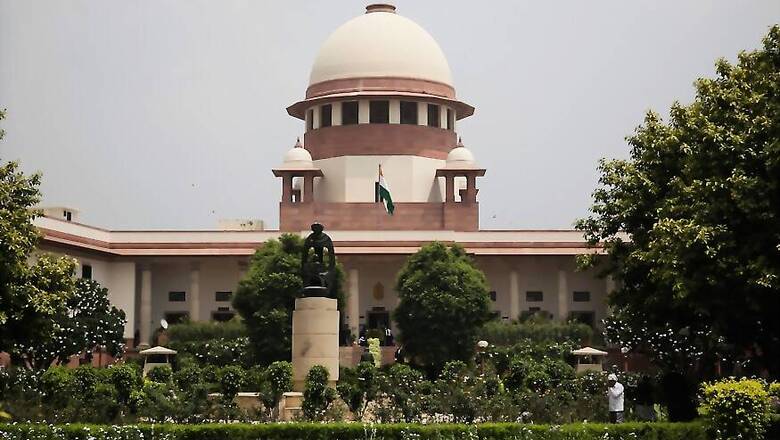
views
New Delhi: The Supreme Court on Thursday agreed the concern over rising "criminalisation" of politics" but said there is a 'lakshman rekha' which it should not cross and venture into the law making authority of Parliament to bar politicians facing criminal charges.
A five-judge constitution bench headed by Chief Justice Dipak Misra, which commenced its hearing on PILs seeking to bar persons facing serious criminal charges from electoral politics, also referred to the doctrine of separation of power and said the job of the court was not to legislate and rather test the validity of the statute.
"Your (senior advocate Dinesh Dwivedi) submission basically is that we should safeguard the rights of all citizens. You are exhorting us to deal with criminalisation of politics. "You want us to exhort Parliament to lay down generally that such a law should exist which prevents criminality among legislators," the bench, also comprising justices R F Nariman, A M Khanwilkar, D Y Chandrachud and Indu Malhotra, said.
The bench said that there was a 'lakshman rekha' with regard to separation of power when senior lawyer Dwivedi, appearing for NGO Public Interest Foundation, argued that the court should step in as the legislature was not doing enough and rather silent on the issue.
"Let me correct myself, it is the 'lakshman rekha' to the extent that we declare the law and don't make the law. We cannot create the law," Justice Nariman said.
Attorney General K K Venugopal, appearing for the Centre, however, opposed the petitions saying that the issue squarely fell under the domain of Parliament and the court should not venture into the territory.
The top law officer also referred to the concept of separation of power, the Article 21 (right to life) and the concept that a person is presumed to be innocent till proven guilty. The bench also asked should the court "lay down the principle" since legislature is silent on it.
"You are asking us to issue a (writ) of mandamus to the Election Commission to lay down a norm that all three stages of criminal procedure (FIR, filing of charge sheet and framing of charges) should form basis for debarring candidates from contesting elections. But, the issue is should we go into this or the Parliament should make a law," the bench said.
It also said so far as the Representation of Peoples Act (RPA) is concerned, there was automatic disqualification of a lawmaker in the event of conviction.
The bench also raised objection to the submission that instead of laying down guidelines itself, the court can ask the poll panel to frame the norms which would ensure disqualification for a lawmaker and also stop the entry of such persons into electoral fray as the case may be.
"It is difficult to direct a body to add the grounds for disqualification... The moment a charge sheet has been filed against a person who files his nomination, then some sort of fast track procedure should be put in place," the bench suggested.
Lawyer Gopal Shankarnarayan said that such directions like fast tracking of the hearing involving politicians had been passed by the apex court earlier, but they have not been implemented and hence, desired results could not be achieved.
The bench concurred with the concerns raised by the lawyers and said, "definitely criminalsiation of politics should not enter into the political system".
The bench, however, added, "Once the trial commenced and the judgement is delivered pronouncing a person guilty, he is automatically disqualified."
It said that the law making power fell under the domain of Parliament and some kind of "fast tracking" of cases from the stage of FIR to filing of charge sheet, framing of charges and judgement can be done and a person would get disqualified automatically after the conviction.
The bench referred to the constitutional provision relating to oath of a minister and asked the attorney general whether a person facing a murder charge "can still take the oath that he/she will uphold the Constitution of India".
"There was nothing in the oath which can establish that a person facing criminal charges will not uphold the Constitution and moreover there are provisions of right to fair trial in the Constitution and a person is presumed to be innocent till proven guilty," Venugopal said.
Today's proceedings also saw a different kind of legal battle where the attorney general and his son and senior advocate Krishnan Venugopal appeared for rival parties and opposed each other in the court.
While Venugopal opposed the plea, his son and senior advocate Krishnan Venugopal, representing BJP leader Ashwini Upadjyay, supported the submission that the apex court should must step in to fill the void as the legislature was not doing its duty to stop criminalisation of politics.
Krishnan Venugopal suggested that the court can pass a specific direction to the political parties that they cannot allow such individuals from contesting elections and this direction can be inserted in their party constitutions.
The hearing will resume on August 14. Earlier, a three-judge bench, on March 8, 2016, had referred to a five-judge Constitution bench the question: "Can a legislator facing criminal trial be disqualified at conviction or at the framing of charges in the case?"












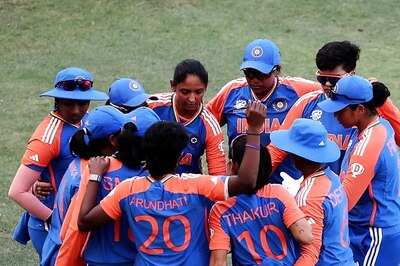
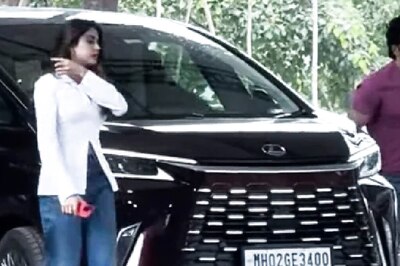
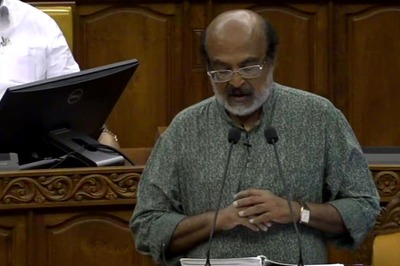
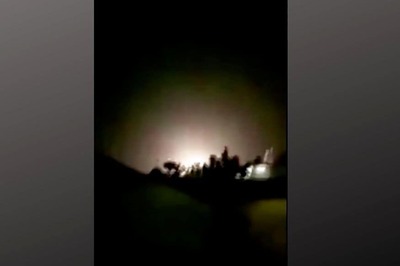

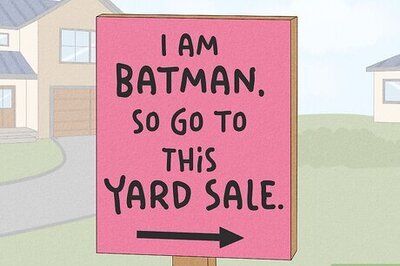
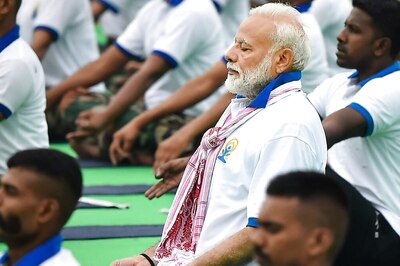
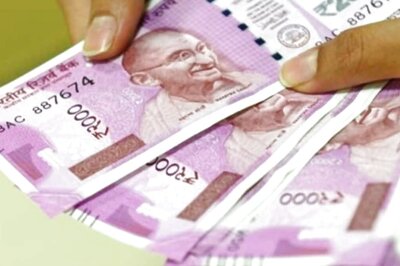
Comments
0 comment